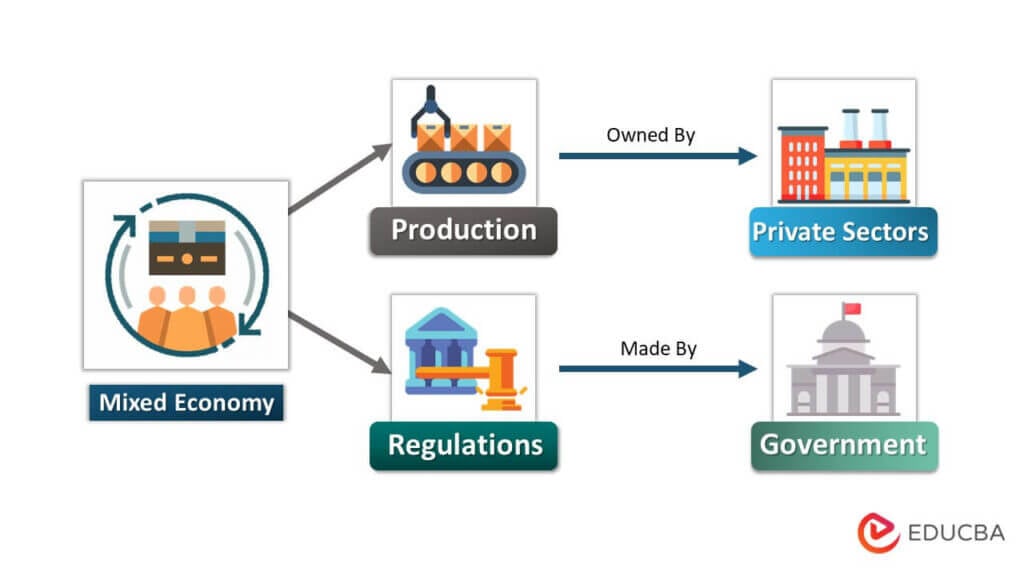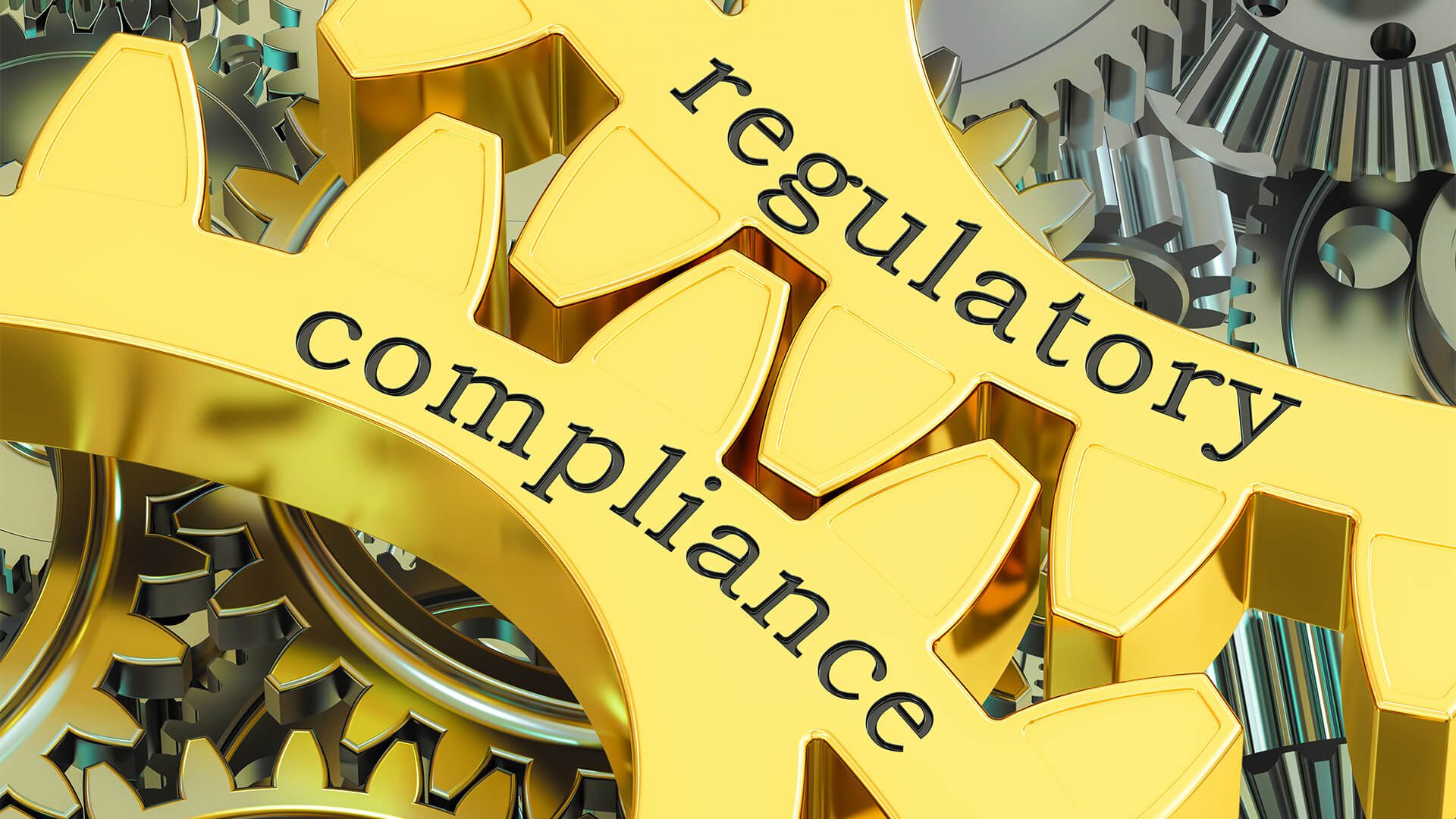Learn about the importance of regulation in modern economies, specifically focusing on fair competition and consumer protection. Regulation plays a crucial role in ensuring a level playing field for businesses while also safeguarding the rights of consumers. By delving into the intricacies of regulatory frameworks, we can uncover how they promote innovation, economic stability, and the welfare of society at large. This article explores the various types of regulation, the benefits it brings, the challenges it poses, and its evolving role in shaping the future of economies worldwide. Embrace the significance of Regulation and its impact on shaping modern economic landscapes.

The Significance of Regulation in Modern Economies
Fostering Fair Competition and Preventing Monopolies
Regulation serves as a guardian of fair competition, thwarting monopolistic practices and creating a level playing field for businesses. By implementing rules and oversight mechanisms, it ensures that market dynamics remain open and competitive, benefiting both consumers and businesses alike.
Safeguarding Consumers from Harmful Products and Services
One of the vital roles of regulation is to shield consumers from unsafe or deceitful products and services. Through stringent quality standards and consumer protection laws, regulations act as a shield, ensuring that consumers have access to reliable and safe goods and services in the market.
Stimulating Innovation Through Standards and Incentives
Regulatory frameworks play a pivotal role in spurring innovation by setting industry standards and offering incentives for businesses to invest in research and development. By providing a structured framework, regulations encourage businesses to innovate, fostering technological advancement and enhancing overall economic growth.
Ensuring Economic Stability and Mitigating Financial Crises
Regulation acts as a safety net, preventing excessive risk-taking and speculative behavior that can lead to financial crises. By imposing regulations on financial institutions and markets, governments can enhance economic stability, reduce systemic risks, and safeguard against potential market downturns, thereby promoting sustainable economic growth.

Understanding the Various Types of Regulation
Economic Regulation
Economic regulation focuses on overseeing pricing mechanisms, market entry, and ensuring fair business practices. By controlling monopolies and promoting competition, economic regulation aims to maintain market efficiency and safeguard consumer interests, contributing to economic stability and growth. It plays a vital role in preventing anti-competitive behaviors and fostering a competitive marketplace.
Social Regulation
Social regulation is designed to safeguard public welfare by protecting health, safety, and the environment. It sets standards and regulations to ensure the well-being of individuals and communities. Social regulations cover a wide range of areas such as workplace safety, product quality, and public health. By enforcing these standards, social regulation aims to enhance the overall quality of life and promote societal well-being.
Environmental Regulation
Environmental regulation is crucial for preserving natural resources and mitigating the impact of human activities on the environment. It sets limits on emissions, waste disposal, and resource utilization to promote sustainable practices. Environmental regulations aim to balance economic development with ecological preservation, striving to achieve a harmonious relationship between human activities and the environment for the benefit of present and future generations.
Financial Regulation
Financial regulation plays a pivotal role in overseeing the activities of financial institutions such as banks, insurance companies, and investment firms. It ensures the stability and integrity of the financial system, protects consumer interests, and prevents systemic risks. Financial regulations cover areas like capital requirements, risk management, and transparency, aiming to maintain trust in financial markets and safeguard the interests of investors and depositors.

Unlocking the Benefits of Regulation
Creating a Level Playing Field for Businesses
Regulation fosters competition by establishing fair rules that all businesses must abide by, preventing monopolies and unfair practices. This ensures that companies compete based on merit, benefiting both consumers and the economy by driving innovation and efficiency. The framework set by regulations enhances market transparency, encourages trust, and ultimately boosts economic growth. The “Importance of Regulation in Modern Economies” cannot be understated in maintaining a healthy business environment.
Protecting Consumers from Fraud and Abuse
Regulation serves as a shield against deceptive practices and substandard products, safeguarding consumers’ rights and trust in the market. By enforcing standards and monitoring compliance, regulations mitigate risks associated with fraud, misleading advertising, and unsafe products. Consumer protection regulations play a vital role in building confidence, fostering long-term relationships between businesses and customers, and sustaining market integrity, reinforcing the “Importance of Regulation in Modern Economies”.
Promoting Public Health and Safety
Regulations in sectors like healthcare and food ensure that products and services meet stringent safety standards, enhancing public well-being. By setting guidelines for quality control, hygiene practices, and medical protocols, regulations minimize health risks and improve overall societal health outcomes. Upholding public health is a cornerstone of regulatory frameworks, emphasizing the vital role regulation plays in prioritizing the welfare of individuals and communities, accentuating the “Importance of Regulation in Modern Economies”.
Ensuring Environmental Protection
Environmental regulations aim to curb pollution, conserve resources, and mitigate the impact of human activities on the ecosystem. By imposing limits on emissions, waste disposal, and natural resource usage, regulations foster sustainable practices that preserve the environment for future generations. Regulatory measures promote corporate social responsibility, drive eco-friendly innovations, and align business practices with environmental conservation, highlighting the critical role of regulation in safeguarding the planet’s well-being and reinforcing the “Importance of Regulation in Modern Economies”.
In conclusion, the multifaceted benefits of regulation extend beyond economic realms, encompassing social, ethical, and environmental dimensions. Regulation stands as a pillar of stability and progress, fostering trust, innovation, and sustainability within modern economies. Embracing the “Importance of Regulation in Modern Economies” is key to steering nations towards prosperity and well-being while nurturing a harmonious balance between economic growth and societal welfare.

Striking the Balance: Regulation and Economic Freedom
Governments face the challenge of harmonizing regulation with economic freedom, crucial for fostering a healthy business environment. While excessive regulation can inhibit innovation and expansion, inadequate oversight may result in market distortions and consumer exploitation. Successful regulation necessitates a targeted, data-driven approach that adapts to evolving market dynamics, ensuring fair competition and consumer protection without impeding economic liberty. Balancing act is paramount for sustainable economic progress.

The Future of Regulation
Regulation Evolution in the Face of New Challenges
The landscape of regulation is continuously evolving to adapt to emerging complexities and global dynamics. From addressing fintech innovations to climate change concerns, regulatory frameworks must stay flexible and responsive to changing economic landscapes, ensuring relevance and efficacy for future challenges.
Technology’s Influence on Regulatory Practices
Technology is reshaping regulatory practices by enabling more efficient monitoring, enforcement, and compliance mechanisms. Embracing digital tools like big data analytics and artificial intelligence enhances regulatory oversight, streamlines processes, and boosts transparency, ushering in a new era of tech-driven regulatory governance.
Growing Significance of International Collaboration
In an interconnected world, cross-border regulatory cooperation is vital to mitigate risks and harmonize standards across jurisdictions. Enhancing information sharing and aligning regulatory approaches fosters a more consistent and effective global regulatory environment, crucial for addressing transnational issues and ensuring fair competition.
Sustained Importance of Regulation in Economic Progress
As economies become more intertwined and complex, the significance of robust regulation remains paramount. Regulatory frameworks will play a pivotal role in safeguarding consumer rights, fostering trust in markets, and driving sustainable economic growth, emphasizing the enduring need for effective regulation in shaping prosperous and equitable economic systems.

Impact of Regulation on Businesses
Understanding the Impact of Regulation
Regulation significantly impacts business costs, operations, and overall profitability. By enforcing rules on market behavior, product standards, and operational practices, businesses must adapt to comply effectively. Understanding and adhering to regulations are paramount to avoiding penalties and maintaining a favorable reputation in the market.
Embracing Innovation and Competitive Edge
Regulation, when viewed strategically, can inspire innovation within businesses. Compliance requirements often push companies to develop cutting-edge solutions, leading to a competitive advantage in the market. Adapting to regulatory changes can foster creativity and differentiation, positioning businesses for long-term success.
Influencing Regulatory Environment
Businesses wield considerable power in shaping regulations through lobbying and advocacy efforts. By actively engaging with regulators and policymakers, companies can influence the development of rules that align with their interests. Strategic involvement in the regulatory process allows businesses to steer regulations towards a conducive environment for growth and sustainability.
